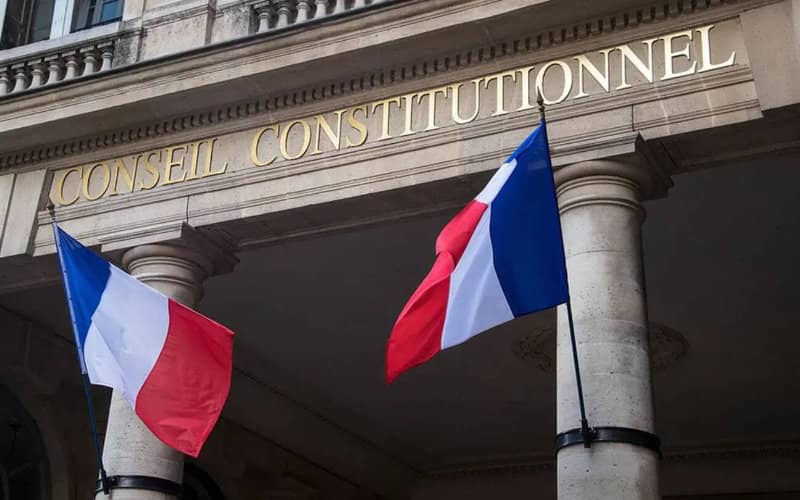French Constitutional Council Approves Controversial Anti-Separatism Law

The Constitutional Council has validated a large part of the draft law against separatism definitively adopted on July 23 by Parliament. Only two provisions were censored.
Following the final adoption of the bill strengthening the principles of the Republic on July 23 by the National Assembly, more than 100 deputies from left and right, as well as LR senators, had referred the Constitutional Council to censor several provisions deemed to be against freedoms, reports the AFP. The Sages have validated the majority of the text. In their decision, they censored the provision providing for the suspension of the activities of an association that is the subject of a dissolution procedure. The reason is that this procedure can last up to six months. According to them, "the legislator has infringed on freedom of association in a way that is not necessary, appropriate and proportionate."
Article 26 of the draft law, which provided that "the issuance or renewal of any residence permit may be refused to a foreigner or that a residence permit may be withdrawn from him if it is established that he has manifested a rejection of the principles of the Republic," is also censored. According to the constitutional council, the terms of the draft law do not make it possible to "determine with sufficient precision the behaviors justifying the refusal to issue or renew a residence permit or the withdrawal of such a permit."
"With this law, the public authorities are equipping themselves with a complete arsenal of tools, validated by the constitutional council, to fight against separatism and defend the values of the Republic," welcome Gérald Darmanin, Minister of the Interior, and Marlène Schiappa, Minister Delegate for Citizenship, in a press release. The text contains a battery of measures on the neutrality of the public service, the fight against online hatred, the protection of civil servants and teachers, the regulation of homeschooling, the strengthened control of associations, the transparency of faiths and their financing, or the fight against certificates of virginity, polygamy and forced marriages.
Related Articles
-

French Air Travel Chaos: National Strike Halves Flights, Disrupts Schedules Nationwide
10 September 2025
-

Algerian Doctor’s French Dream Turns Nightmare: Hospital Exclusion Sparks Legal Battle
9 September 2025
-

French Air Traffic Strike Chaos: Royal Air Maroc Issues Urgent Travel Advisory
9 September 2025
-

Marseille Mayor Faces Death Threats Over Couscous: Far-Right Backlash Ignites Debate on Cultural Tolerance
8 September 2025
-

French Air Traffic Chaos Looms: Massive Strikes to Cripple Flights Nationwide
7 September 2025